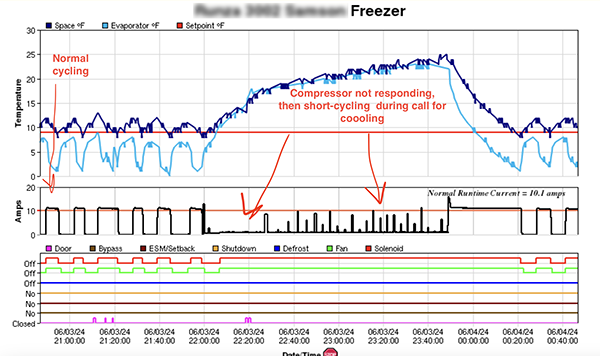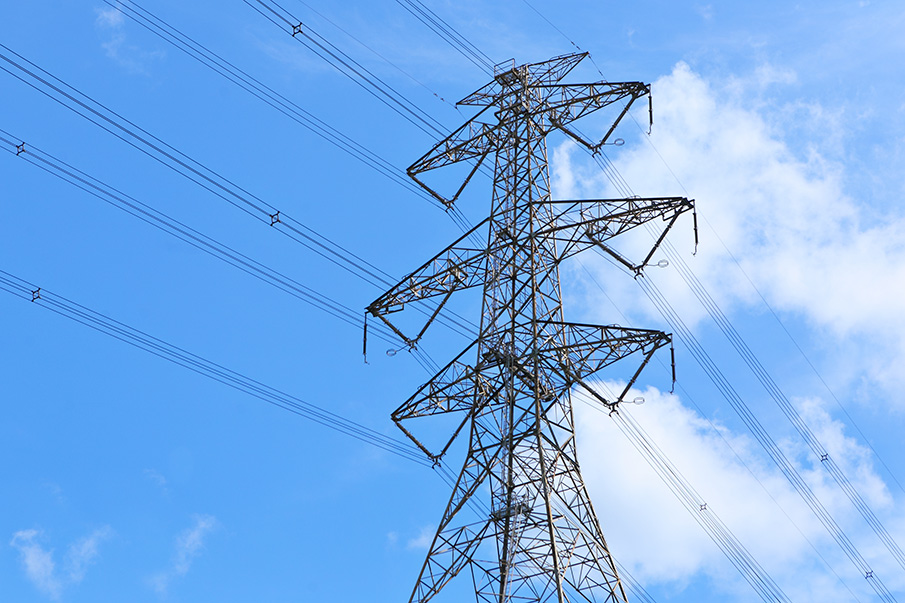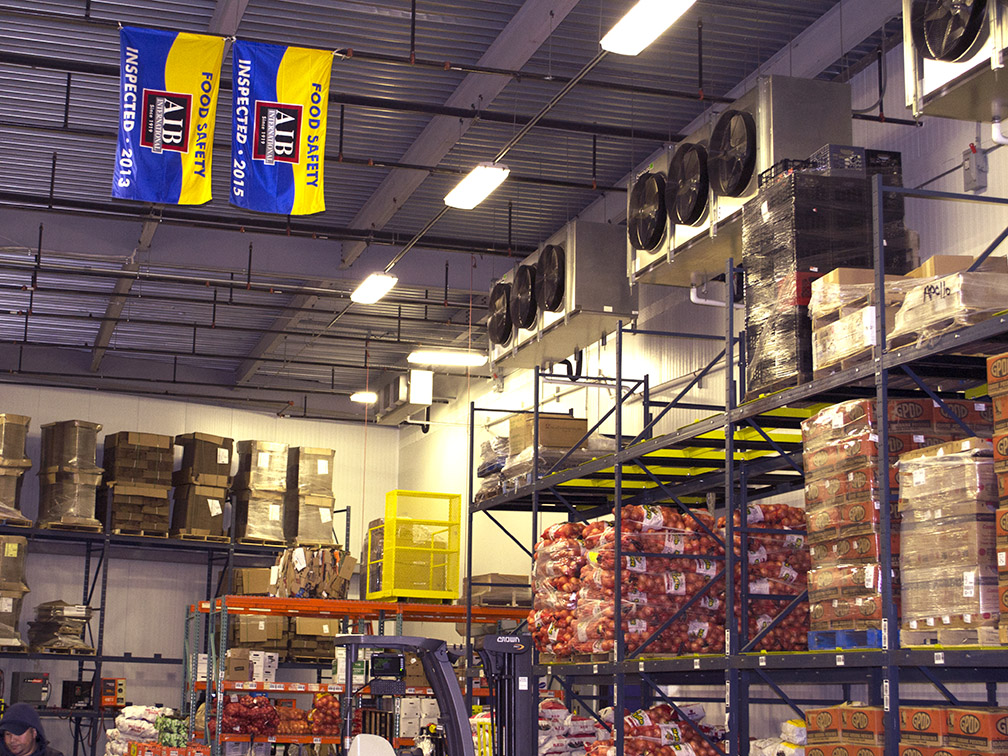Continuously rising energy costs. A planet that’s heating up as a result of human impact. Shrinking margins and the oversaturation of markets. At the surface level, these issues may seem unrelated. But these threats, along with a multitude of other factors, try to deter your business from reaching its peak everyday.
Reducing emissions and adopting renewable energy have taken on international attention and are solid, long-term strategies to decrease our carbon footprint and our energy expenses. But there is a practice that has more immediate positive impact, is easier to implement and addresses a number of fixable obstacles to your business achieving its greatest performance: energy efficiency.
Energy efficiency practices are less discussed than their energy-affecting peers but certainly shouldn’t be. The idea behind energy efficiency seems almost too simple: do more with less energy.
In the commercial space, this usually encompasses lighting, heating and cooling, and refrigeration.
Here are five reasons why, regardless of the size of your business, you should consider adopting energy efficiency measures:
1. Lower utility costs without lowering equipment performance or productivity.
At its most effective, energy efficiency lowers your energy consumption, thus your utility bill, which translates into more profit to your bottom line. How much affect could cutting your utility bill by 30%+ have on your company?
“The most energy-efficient buildings in America – those that have earned EPA’s ENERGY STAR – use 35 percent less energy than typical buildings, all without trade-offs in performance or comfort.1”
2. Consumers want to associate with responsible brands.
Consumers are increasingly paying more attention to their individual impact on the planet: using less plastic bags for shopping, considering hybrids or electric cars, recycling; and on the flip side, they’re becoming more cognizant of whether brands they support share their same beliefs.
According to a 2007 National Technology Readiness Survey conducted by Rockbridge Associates and the University of Maryland:
- 83% of adults want to preserve and protect the environment
- 68% of adults like to do business with companies that are environmentally responsible
- 72% of adults say they resent companies who say they care about the environment but are not
3. Energy Efficiency programs and measures improve the economy.
Adopting energy efficiency measures can have a huge impact on the economy and can have an effect from small business all the way up to the federal government. The measures save money, create jobs, and allows for creativity and innovation to constantly be pushed higher.
Just how much of an impact does it have? In 2010, it helped the national budget avoid $500 billion in unnecessary energy costs and created 830,000 jobs nationwide2.
“Industry leaders make energy-efficient innovations, and energy-efficient policies lead to breakthroughs among manufacturers. For instance, standards that started in 2012 requiring light bulbs to be at least 25% more energy efficient than traditional incandescent bulbs spawned an array of new lighting products.2”
4. It’s easy to do.
No, really it is. While in order to achieve the most efficient, highest-performing measures your business should look into energy management systems and performance-controlling technology, you can take steps to reduce your energy consumption little by little. And when the little pieces add up, you’ve got a real, noticeable difference.
Here are some of the ways you can start affecting your company’s energy use tomorrow:
Lighting
- Replace incandescent light bulbs with compact fluorescent light bulbs.
- Replace or retrofit non-energy efficient light fixtures.
- Install “occupant sensors” to automatically turn lights off and on.
- Take advantage of “day lighting”.
HVAC
- Inspect and clean or replace air filters on a regular basis.
- Repair leaks in system components such as pipes, steam traps or couplings.
- Adjust the thermostat during unoccupied times or install a programmable thermostat.
- Reduce air conditioning hours.
- Make sure radiators, air intake vents, etc., are not obstructed so that air can flow freely.
Refrigeration
- Perform routine maintenance, such as vacuuming, to remove dust.
- Turn off the lights in walk-in refrigerators.
- Add strip curtains to refrigerated spaces without doors.
- Defrost regularly.
- Retrofit or replace old refrigerators and freezers.
5. It’s good for the environment (obviously).
This is the easy one. We have one place that we call home and it’s a reality that we need to take better care of it. While energy efficiency measures are great for your business’s performance and bottom line, they’re even more important for positively impacting the planet (plus it’s something customers care more and more about and search for in corporate missions).
“The United States uses 56% less energy today than if we didn’t have energy-efficient technologies and policies. That’s 52 quads of energy saved per year – the same amount of energy needed to power 12 states for a year. If we didn’t have energy efficiency, we’d have to produce or import energy sources like oil, natural gas, and coal.
Investments in energy efficiency across the biggest sectors of our economy could abate up to 1.1 gigatons of greenhouse gas emissions annually – that’s equal to taking all U.S. cars and trucks of the road for one year.2”




